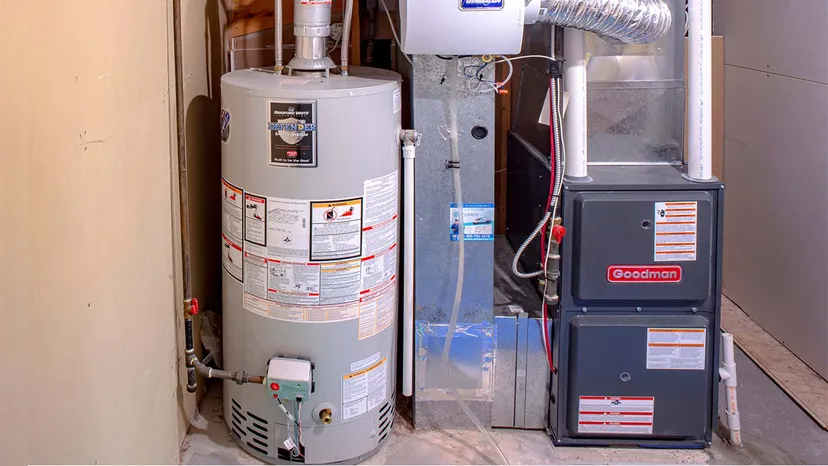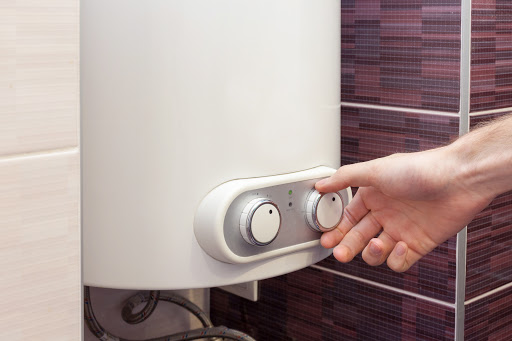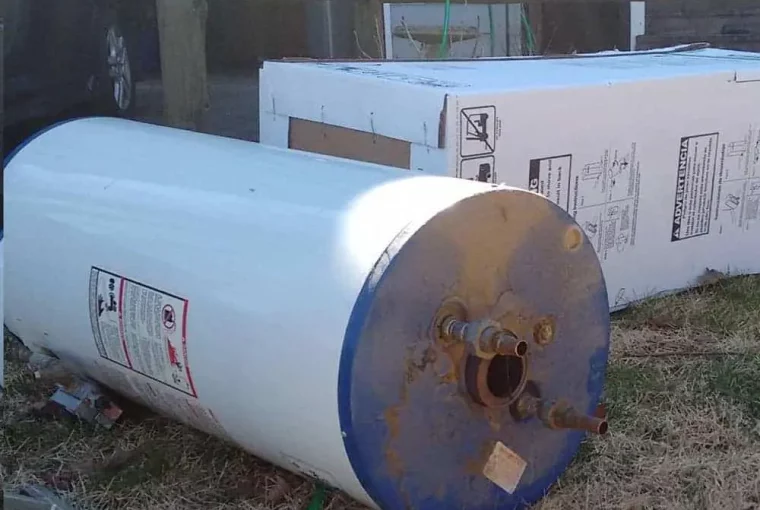When it comes to heating water in our homes, we want a system that is efficient, cost-effective, and environmentally friendly. It wouldn’t be wrong to say that tankless water heaters successfully achieve this criterion due to the “on-demand” technology used in these water heaters which ultimately prevents the waste of fuel and hence, helps folks save money on their energy bills.
However, choosing between an electric or gas tankless water heater can be confusing. So, in this article, we will discuss the differences between the two types of water heaters and help you decide which one is better for your home.
Gas vs electric tankless water heater— which is better?
Even though the mission of both types of water heaters is to produce the same end result i.e. hot water, they both use a contrasting approach, thanks to the difference in the fuel types in their system. The name gives it away anyways, so you know the electric water heater relies on electricity; meanwhile, the gas water heater relies on natural gas. However, when it comes to gas tankless units, propane is also offered as the fuel type which is more expensive than natural gas.
Without further ado, let’s move on to the comparison between the two water heaters, so you may get an idea of how both types of these appliances are distinct from each other.
-
Cost-effectiveness:
When it comes to buying a water heater, you may want to think about four factors: the unit, the installation, the maintenance, and the operational costs. Even though tankless water heaters are pretty costly compared to conventional water heaters that store water in a tank, you’ll find them more cost-effective in the long run.
However, when figuring out which water heater may be a better option between tankless categories, you’ll find electric tankless water heaters more affordable than gas tankless water heaters given their unit and installation price.
On the contrary, the operational costs may be higher for the electric water heater as electricity is an expensive source of energy compared to gas. Given that they consume a higher voltage to run, you can expect to pay more money on energy bills.
But, if you live in an area where electricity is cheaper than other sources of fuel, then investing in this type of water heater would be a smarter choice.
When it comes to gas tankless water heaters, the expense of the unit is one thing but the installation of the gas pipes and ventilation system may cost a lot.
However, buying a condensing water heater will allow you to escape the high costs required for installation as it doesn’t require such a complex system to work. You must know that the upfront payment for such a unit would be quite high though.
In a nutshell, given the size of your home, your hot water needs, the cost of electricity or gas in your area, and the ease of installment along with its costs may help you chalk out the final budget. Consulting a professional may be the best choice to make a better decision as per your specific conditions.
-
Energy Efficiency:
One of the primary reasons people choose a tankless water heater is its energy efficiency. Electric tankless water heaters are generally more energy-efficient than gas tankless heaters because they have a higher Energy Factor (EF). The EF measures how much hot water a heater produces for each unit of fuel consumed. Electric heaters typically have an EF of 0.9 or higher, while gas heaters have an EF of 0.82 or lower. This means that electric heaters convert almost all the energy they consume into heat, while gas heaters waste some energy as exhaust.
-
Longevity:
When addressing the longevity factor of tankless water heaters, you may rest assured that both gas and electric water heaters are built to last over two decades. This means that even if you have to invest a little more initially, you could benefit from the appliance for at least 20 years or even more, given how well you take care of the maintenance. These units are also quite repairable which helps them expand their lifespan.
Proper installation by a professional also improves the life expectancy of your unit because they ensure the setup is fully compatible with the size and model of your water heater. Therefore, after buying a pricey tankless water heater, you mustn’t attempt to install it by yourself.
Moreover, remember that not servicing your tankless water heater periodically may also lead to a reduced lifespan of the appliance.
You may find it more convenient to maintain the electric models due to their minimal design and small structure whereas the gas units may take more work to remain in shape due to the complexity of their system.
-
Effects on the Environment:
The environmental effect of a tankless water heater is another factor to consider. While both electric and gas tankless heaters are better for the environment than traditional tank water heaters because they consume energy 24/7 to keep the water hot in storage, electric tankless water heaters are considered more eco-friendly.
Electric tankless water heaters produce no greenhouse gas emissions which makes them a better option, considering how the air quality around your place remains healthier as well.
Gas heaters, on the other hand, release carbon monoxide and other harmful gases into the air during combustion which is dangerous to inhale for your family.
-
Installation and Maintenance:
Tankless electric water heaters are easier to install because they do not require venting or a gas line. Their compact size makes them a perfect model for small homes that do not have much space to accommodate a bigger water heater unit. Given the ease to mount them on walls, you can get an electric water heater installed almost anywhere as long as the electrical wiring allows.
These water heaters also require less maintenance than gas heaters because they do not have a combustion chamber or pilot light that needs to be cleaned. However, the flushing and removal of scaling would be required. You’d also need to change the air filter.
Tankless gas models, on the other hand, are pretty challenging to install, especially if it’s a non-condensing unit that requires a proper ventilation system. This type of water heater also needs regular maintenance to ensure safe and efficient operation. If you receive a hard water supply, then installing a water softener would be significant to prevent any damage to the appliance, pipelines, and faucets. Flushing and descaling annually would be necessary for your model’s longevity. However, with a water softener in place, you can do so every 2-3 years.
-
Hot Water Needs:
Both types of tankless models are good enough to provide ample warm water supply. However, in extremely cold regions, the water may take its due time to heat up. Also, gas-powered tankless water heaters are slightly more efficient than electric ones in such harsh weather conditions. They are also a more suitable choice for large families who need hot water all the time.
Final Thoughts:
When it comes to choosing between an electric or gas tankless water heater, it depends on your individual needs and circumstances. Electric heaters are more energy-efficient, eco-friendly, and easier to install than gas heaters. Gas heaters; however, are more cost-effective to operate and are better suited for large households with high hot water demands. Ultimately, it is up to you to decide which type of tankless water heater is best for your home. My recommendation would be that you consult an experienced professional who may help you make the right choice.



